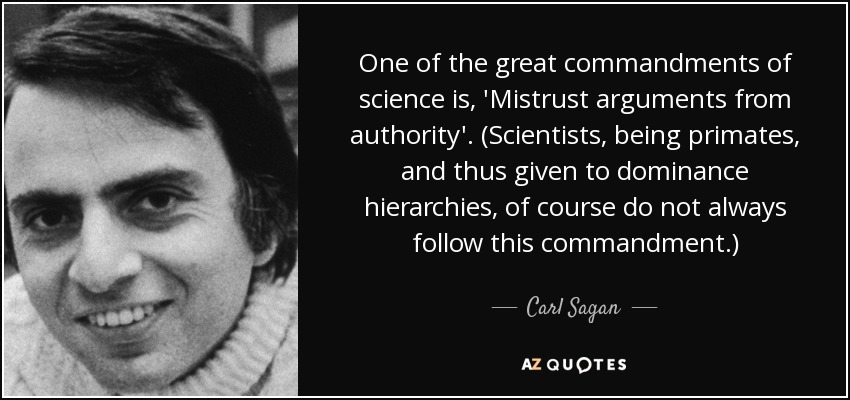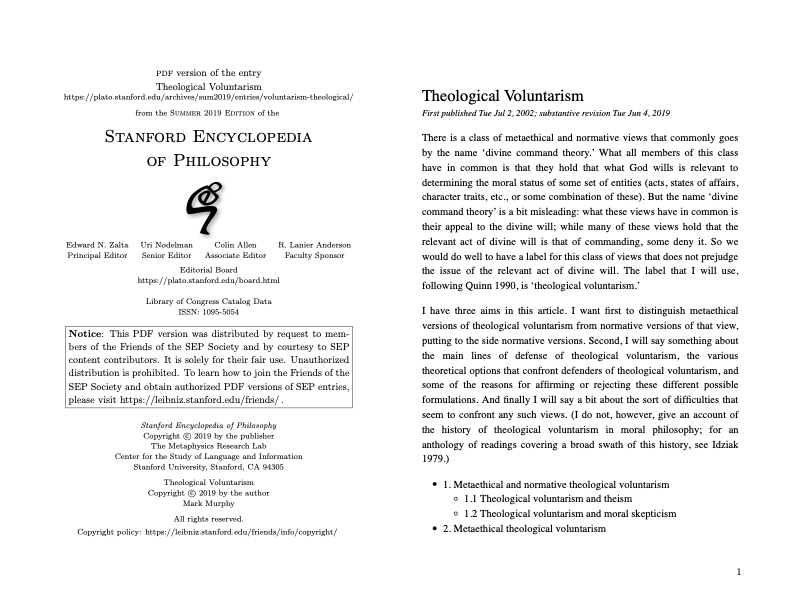The medical establishment often dismisses skepticism of vaccines and treatments as irrational fear. But, as Katherine Furman argues, it’s often rational to trust your friends and neighbours over distant experts. Instead of manipulating people into compliance or emphasising the authority of expertise, the real solution lies in bringing scientists and medics closer to the communities they serve. 1. Trusting friends and neighboursWe often share healthcare information and advice with our fellow non-experts. We don’t just talk to our healthcare providers about health; we also talk to our friends, neighbours, and that guy at the coffee shop. A study in France found that mothers who are undecided or uncertain about whether to vaccinate their children would trust a healthcare provider’s advice on vaccination, but only once the provider had been recommended by other women. We value peer-testimony – information we receiv…
Read the full article which is published on IAI TV (external link)







